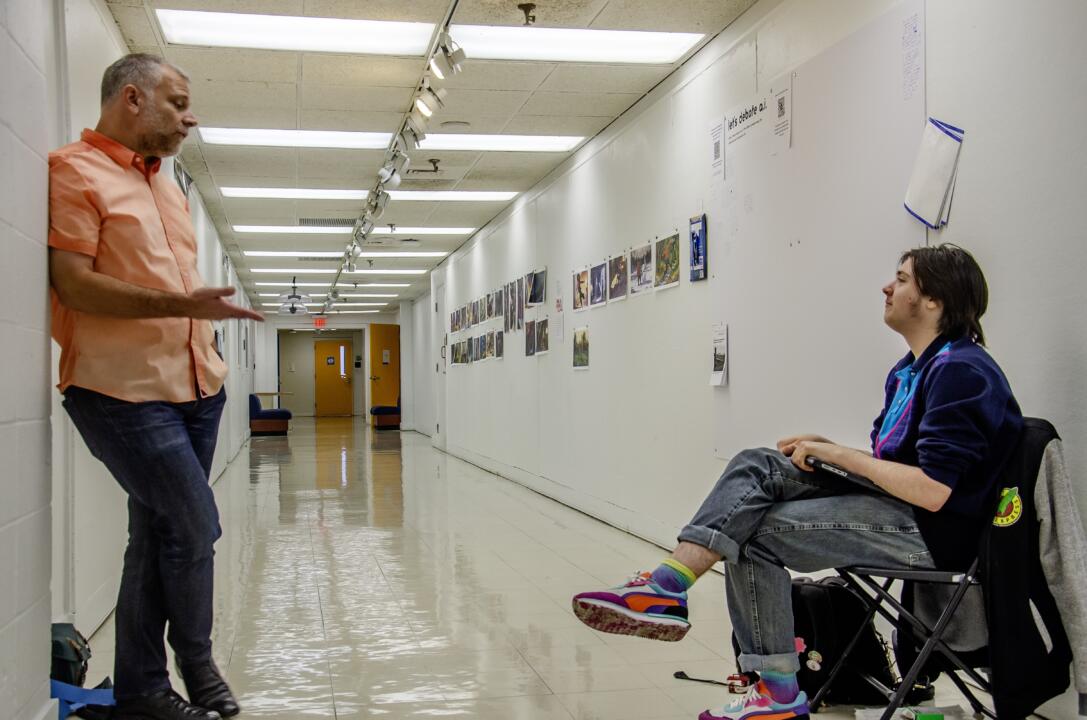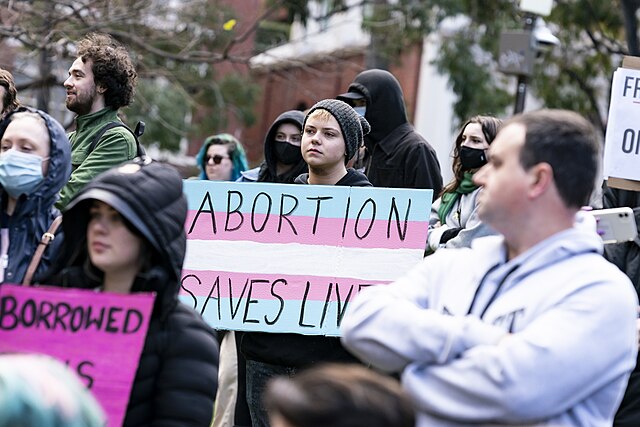The Trump administration’s recent announcement of plans to end DACA – Deferred Action for Childhood Arrivals – prompted a swift response from The Mosaic, UMBC’s Center for Culture and Diversity.
In a press conference given on September 5, Attorney General Jeff Sessions explained the decision: “To have a lawful system of immigration that serves the national interest, we cannot admit everyone who would like to come here. That is an open border policy and the American people have rightly rejected it.”
DACA was a policy effectuated by the Obama Administration in 2012. It allowed individuals who were brought to the U.S. under the age of 16 to receive a renewable two-year period of deferred action in which they would be exempt from deportation and would be eligible to receive valid work permits.
The program will be phased out over the next six months and new applications will no longer be accepted. Recipients who have permits that expire before March 5, 2018 will be allowed to apply for a two-year renewal so long as the Department of Homeland Security receives their application prior to October 5, 2017.
Just hours after Sessions’ press conference, seven campus leaders, including UMBC President Freeman Hrabowski, sent out a campus-wide email that addressed the president’s decision.
“We are deeply concerned that the federal government has decided to remove the federal protections DACA has provided, after requiring undocumented young people to identify themselves in order to access higher education,” the group stated. They added, “It is morally unacceptable for these students to be at risk of deportation.”
Three days later, The Mosaic Center announced its intention to host a question and answer session with immigration attorney and UMBC alumnus, JoAnna Gavigan. The event took place on Monday, September 11.
During her presentation, Gavigan provided advice but also debunked myths, such as common misconceptions about the Maryland Dream Act. The bill, passed in 2012, grants undocumented high school graduates the opportunity to receive in-state tuition should they attend community college for two years before transferring to a four-year college.
“The state government can’t do anything about your immigration status. They can make it easier for you to access education – which is what the Maryland Dream Act did by giving people who are unlawfully present access to in-state tuition. But as far as your immigration status, that is a federal government – that’s their purview, so the state government can’t really do anything to protect their students.”
Gavigan told The Retriever that the “optimist in her” believes that Congress will enact some form of relief legislation within the next six months.
“I think it would be a travesty for [Congress] not to act and I think the pushback is there now from their constituents who want them to act.”
Gerardo Herrera-Cortes, junior graphic design major, was a DACA recipient upon applying to UMBC. Their mother submitted an application for permanent residency in 1994 that finally caught traction in 2015 upon hiring a lawyer. While Herrera-Cortes is no longer a DACA recipient, they credit the DACA program for allowing them to pursue a degree in higher education.
“It was more a sense of protection, being able to support myself financially, and a greater sense of security.”
Herrera-Cortes said that DACA allowed them to work full time throughout high school and believes the money they had saved up during that time period allowed them to afford to pay the hefty legal fees that arose during the process of becoming a permanent resident.
“I think if it wasn’t for being able to work for those first three years I wouldn’t have applied or gone to any college.”
President Hrabowski, along with University System of Maryland Chancellor Robert Caret and other USM leaders, is currently drafting a letter advocating for the Maryland’s Congressional delegation to advance legislation to both “maintain and extend” DACA protections.
Editorial Comment: Previously, the article stated the DACA discussion was put on through the efforts of the university. The event was hosted and organized specifically through the efforts of The Mosaic Center.

